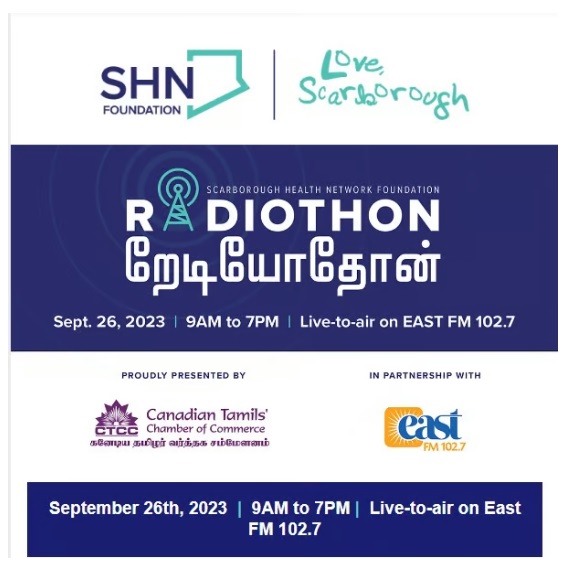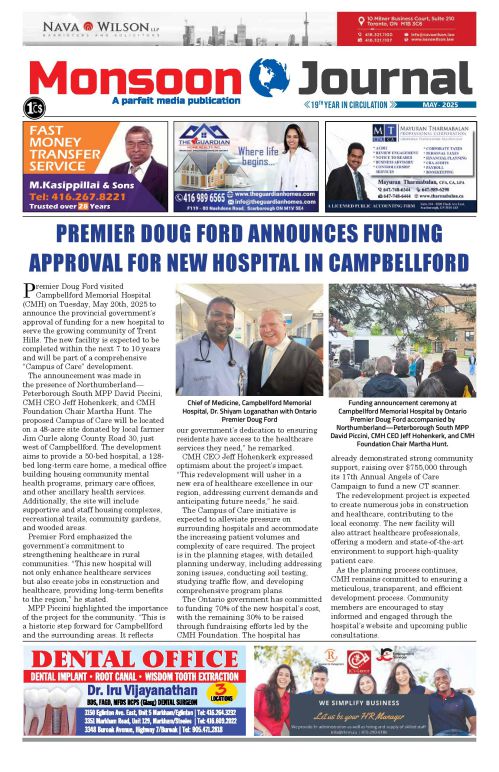Jet lag symptoms depend on the travel direction
By: Uthayan Thurairajah
Over the holiday season many of us will be jumping planes to visit family and friends. A long haul flight can be exhausting and quite devastating experience. Even short flights can drain our energy. Jet lag happens when our internal circadian clock, the part of our brain that regulates our sleep cycles, is disrupted by travel. The difference between external clock and our internal clock can make us dizzy, weak and ill. “It is not because you have been on a plane for that long,” said Dr. Russell Rosenberg, the Atlanta School of Sleep Medicine. We are trying to harmonize with environmental time when our own internal core time can’t move that fast. Jet lag affects our whole body. Symptoms include stomach upset, deep fatigue, fuzzy-headedness, absentmindedness, slow-wittedness, poor concentration, weakness, disrupted bowel movements, and changes in the frequency of urination.
For example, we fly out of Toronto just after lunch around 3pm. When it would have been time for our dinner at 7pm, our stomach is going to release enzymes and stomach acids in anticipation of food, but when we touch down in Vancouver, it’s only going to be 4pm, too late for lunch, too early for supper. Three hours later (local time 7pm), our bodily functions would have started shutting down in anticipation of usual sleep time, 10pm.
Jet lag takes three to four days to overcome naturally. When you travel from east to west, we are required to stay up late, which is more acceptable to your body than going to bed early. The recovery will usually take less than 50% of time. If we are flying east, it is hard to shift our body clock earlier. Age is also a factor in our ability to cope with jet lag. Infants experience jet lag and recover very quickly. It is harder to adjust to rapid time zone shifts as we grow older. Healthy people cope better with jet lag than poor health people, whose body rhythms have already been disrupted. Jet lag will make us feel even worse if we travel while sick. If we take prescription drugs during our trip, jet lag may impair their effectiveness.
Several other factors influence our capacity to cope with east-west travel. Outgoing types, who love to meet new people, mix among various social groups, and travel in a pack, tend to cope better with jet lag than people who reach a destination and retreat to their rooms with a book or remote control. If we expose more ourselves to new external environment, the necessary chemical changes will take place faster in our brain to help us adapt to our new surroundings.
How to Prepare for Jet Lag
Two major approaches can be used for speeding up the healing process of jet lag. We can mitigate the symptoms with drugs, and we can actually change our body clock with light therapy. For brief trips, we can limit the signs of jet lag without having to take any drugs. We can try the following tricks for next time flight.
- Start resetting our body clock before we fly. Shift our bedtime by an hour or two in the right direction starting three days before our trip.
- The minute we step into the airplane cabin, adopt the hour of the time zone we’re traveling to. Reset our watch and start to think according to the new time zone.
- Cabin lighting can be setup such a way to adapt to the new time zone. Some new flights have these features.
- Avoid drinking alcohol or drugs, such as Dramamine or motion-sickness drugs, before, and during the flight.
- Eat light food before and while in the air.
- Daytime naps after the arrival but keep shorter so that it doesn’t interfere with the nighttime sleep.
- Drink lots of water before, during, and after our flight. Experts recommend water drink just before departure and in the air.
Light Therapy and medicine to Treat Jet Lag
Exposure to light is the best way to resynchronize our circadian rhythms. If we’re traveling from Toronto to Europe, it actually helps if we avoid light in the early morning for the first few days and seek the light once our body clock thinks, 11:30 am (It is Toronto time 5:30am — that’s 11:30am), western European time.
Light-therapy devices and the information can help to figure out when to seek or avoid bright light. A light box sits on a table and blasts light at us to reset our rhythms. If we need to find light when it’s dark outside, we can use special light boxes, light visors or just blast indoor lights. If we need to make things darker and we can’t stay in a darkened room, we can use low-transmittance sunglasses.
The hormone melatonin and the prescription medications Ambien (Zolpidem) and Nuvigil all do different things to help with jet lag. Melatonin helps alter our circadian rhythms. Ambien and Nuvigil knock you out and keep you awake respectively. The two prescription drugs don’t actually fix jet lag but help to manage the symptoms. A study by Dr. Sack showed that 10 mg of generic Ambien significantly improved sleep quality for eastbound travelers. His article recommends a short-duration sleeping pill like Sonata if we aim to knock out while in the air.
A study published by the Mayo Clinic in June 2010, 150 mg of Nuvigil issued to people taking an eastbound trip helped them feel more awake on the first two days after their trip, reducing that horrible dipping, sleepy feeling we get with eastbound jet lag. Nuvigil legal in Canada but it hasn’t been approved by the U.S. Food and Drug Administration (FDA) to treat jet lag, Dr. Rosenberg notes, but he says it offers travelers an excellent option for promoting wakefulness when they have to hit the ground running. Dr. Sack’s article says that a strong hit of caffeine can also make you more alert, but with caffeine, you risk making jet-lag-related insomnia worse.
Melatonin is a hormone that occurs naturally in the body, secreted by the pineal gland in the forebrain, and induces sleep. Daylight and artificial light limit the natural production melatonin, but when night falls the pineal gland releases the hormone into the bloodstream and triggers the sleep cycle. Melatonin not only induces sleep but improves sleep quality as well. Take a dose of melatonin 2 hours before bedtime on an eastbound trip will trick your body into thinking that night has fallen earlier. Dr. Sack suggests taking a 3-mg dose of melatonin in the evening if heading east, and taking 0.5-mg dose if you wake up too early when heading west. He also suggests not taking both melatonin and Ambien; the combination is associated with higher amounts of sleepiness and confusion.
If we take too much melatonin, we may suffer a leftover and feel confused the following day. Clinical tests have shown melatonin to be non-addictive, non-toxic, and safe, and it causes very few side effects. Make sure to get melatonin from a trusted pharmacist – although sold over the counter, the quality of melatonin is completely unregulated, so there’s no guarantee that what we buy at the health food store is actually melatonin. If we pay attention to these details, we can combat jet lag and stay healthy during the festive season.
Uthayan Thurairajah is a Senior Professional Engineer and Lighting Designer at MMM Group, and teaches Human Factors in Lighting in the Department of Communication and Design at Ryerson University. He is also a research collaborator for the Centre for Aircraft Interiors Research and Innovations (CAIRI) at Ryerson University. Uthayan is member of several Canadian and international professional association including American Holistic Medical Association and Alternative Medicine. He has worked on numerous multi-disciplinary lighting, traffic signals and power projects for the Ministry of Transportation and various Towns, Municipalities, Regions and others. He also has extensive research experience on the value of lighting design in the mental, emotional, and social well-being of a person. He is a frequent presenter and author on lighting design & health.
This article appears on page 29 in the print and web edition of Jan 2015 with more images.














